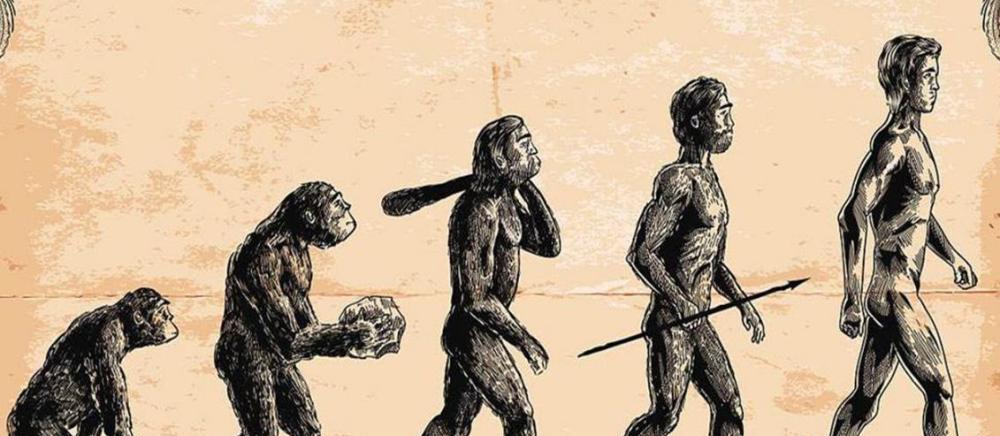Language is a basic way for human beings to communicate, and the interaction between people is inseparable from language. In the world, different countries, different regions, different nationalities, different languages, according to the relevant data released by UNESCO, there are more than 7,000 languages in the world, of which 80% of the people mainly speak 83 languages, so it is not difficult to find the complexity of the world's languages.
How did such a complex and complex language come about? What is the development of language? This problem has actually been explored by humans for thousands of years, and such experiments have been carried out.

It is said that an ancient Greek historian recorded a story in which Pharaoh Psamedic II, the Pharaoh of the Twenty-sixth Dynasty who ruled Egypt during the 6th century BC, experimented and ordered two babies to grow up in isolation to see if they could speak a new language without anyone teaching them to learn it.
Psammetike II, having such an idea, began to put it into action. He took the newborns of two slaves, handed them over to a shepherd, and ordered the shepherd to take the two children to grow up in an isolated place where there were no outsiders, during which no one could say a word to them, nor could anyone tell them that there was a language in the world, and that the shepherd who took care of them was naturally among them.
With goat's milk providing breastfeeding, the two babies gradually grew up, and because they did not have any language education and did not have contact with the outside world, the two children have always expressed their thoughts through gestures.
But suddenly one day, one of the two children said the word "Bekos" to the shepherd, which surprised and excited the shepherd, and he quickly went to Psametic II to report the incident.
Psammetik II was also very surprised when he received the news, he asked the shepherd carefully, has he spoken over the years? Have the two children ever been exposed to people outside?
The shepherd denied Pharaoh's two questions, telling him that for several years he had never spoken with his mouth open, that the two children had always thought they could not speak like them, and that as for whether they had ever had contact with people outside, the shepherd said that no one else had ever appeared in the place where they lived.
After making an agreement with the shepherds, Psammetik II hastened to order his men to inquire where Bekos was spoken, and after repeated confirmations, they found that Bekos originated in the Phrygian language and meant bread.
Subsequently, Psammetik II sent the shepherds back to their place of residence, continued to observe the children's situation, to see if they could speak other languages, and if so, to report to themselves immediately.
After receiving the pharaoh's order, the shepherds soon returned to the children and continued to observe their language. However, many days passed, and the shepherd found that since the child uttered the sound of the word Bekos, he had not spoken any word, and the two children had been comparing by gesture.
As time went on, the shepherd who had been full of expectations no longer had any illusions, and he felt that the Bekos sent by the child at the beginning might just happen and happen, after all, the child whimpered and popped out of his mouth with a few syllables, corresponding to so many languages in the world, it was possible to match one of them.
Later, Psammetik II gave up on continuing the experiment, and he ordered the shepherd to return to the towns and villages where the two children lived, and the two children returned to the life of the human group, and slowly mastered a certain language ability in communicating with people.
It is not difficult to show through such an experiment that although humans seem to be more or less born with a certain ability to learn language, if two babies are allowed to grow up in an environment without language education, they cannot learn languages and create a new language.
Many kings in ancient times tried such language deprivation experiments, but without exception, they all failed, and some children in the experiment could not communicate with people since childhood, and the trajectory of contact with outsiders was basically zero, which eventually led to not only being unable to speak, but even the loss of intellectual development, so such experiments were very cruel.
Through numerous experiments, it can also be proved that although human beings have the ability to learn language, if there is no learning opportunity and environment, simple closed-door construction will not bring about evolution, but will degenerate. The fact that human language can reach a high degree of development is not an overnight thing, but has undergone a long process of development.